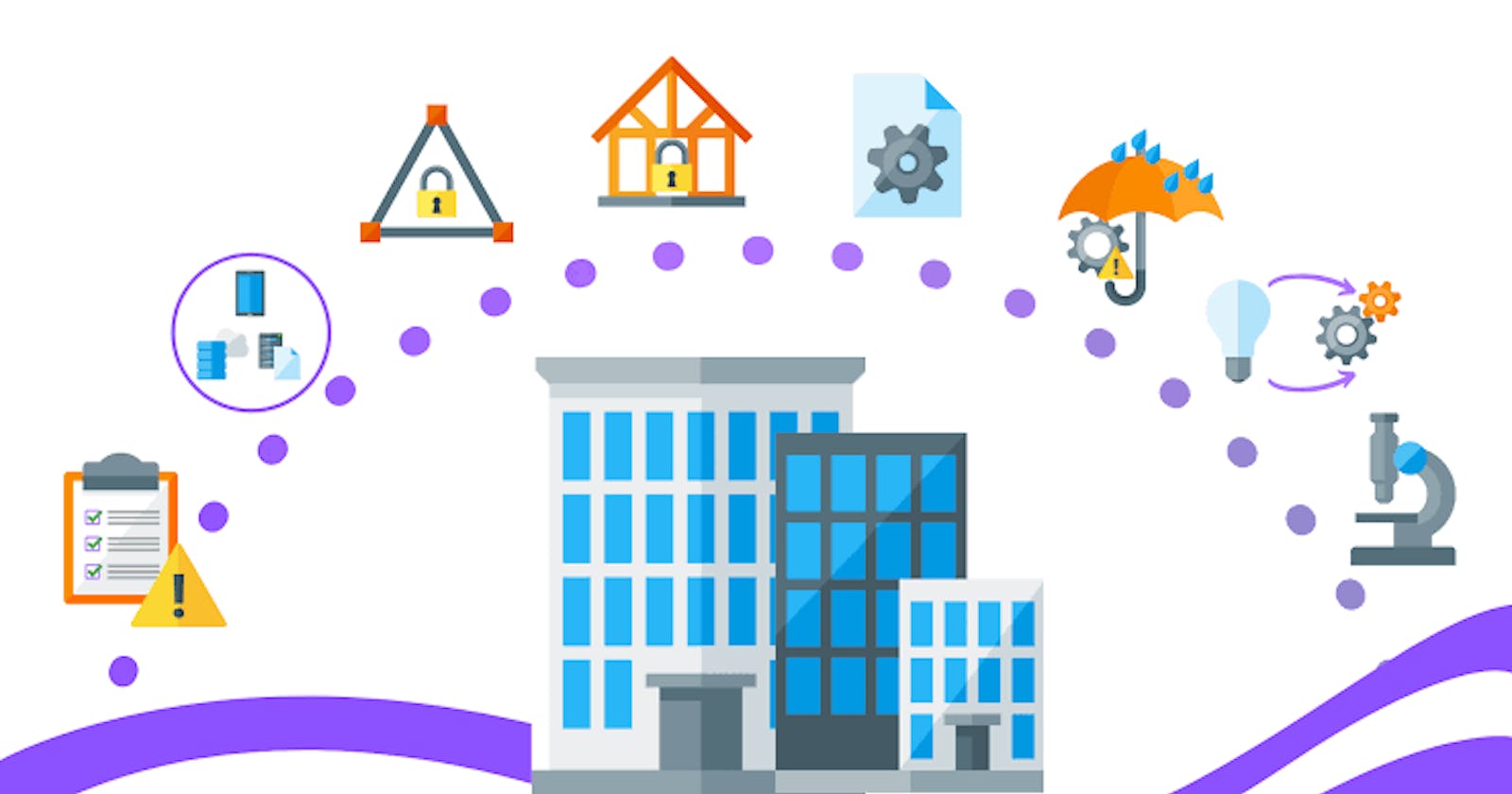Cybersecurity And Business As Usual: The Crucial Integration Of Cybersecurity Into Everyday Operations.
In the rapidly evolving landscape of digital business, the seamless integration of robust cybersecurity practices has emerged as a cornerstone for operational success. No longer confined to the realm of IT departments, cybersecurity has become a fundamental aspect of every business, influencing strategies, customer trust, and overall business continuity.
This article aims to delve into the symbiotic relationship between cybersecurity and daily business operations, emphasizing the need for a proactive approach in safeguarding business assets against ever-evolving cyber threats.
In today's interconnected digital world, the convergence of technology and business has necessitated a redefinition of cybersecurity. It is no longer merely an IT concern; rather, it's an integral part of business operations, ensuring the protection of sensitive data, maintaining customer trust, and preserving the integrity of operations.
Also, Cybersecurity is important for business expansion and protecting data is a top priority and at the same time a big challenge.
“Security risk is business risk”; it is important for organization’s’ management to look at security risk as business risk and also understand the consequences of these risks with their organization. Although solving complex cybersecurity problems require an industry wide effort, which all starts at the organizational level (the CISO must lead the conversation).
Cybersecurity as a Fundamental Business Component
Cybersecurity within the business context encompasses a range of practices, including data encryption, network security, access controls, and incident response plans. These elements form the backbone of a resilient business, ensuring continuity even in the face of sophisticated cyber threats.
The Evolution of Cyber Threats
The landscape of cyber threats is in constant flux, with attackers employing increasingly sophisticated techniques. Ransomware, phishing, and data breaches are among the most prevalent threats, impacting businesses across various sectors, from finance to healthcare.
The evolution of cyber threats is multifaceted, encompassing various malicious tactics. Ransomware, one of the most pervasive threats, encrypts critical data and demands a ransom for its release. Phishing attacks, on the other hand, employ deceptive emails or websites to trick individuals into revealing sensitive information. Data breaches, ranging from unauthorized access to outright theft of confidential data, pose significant risks to businesses, impacting not only finances but also reputation.
Cyber threats continuously evolve in sophistication, employing artificial intelligence, machine learning, and automation to bypass traditional security measures. As such, businesses face an ongoing challenge to stay ahead of these threats, adapting their cybersecurity strategies to thwart evolving attack methodologies.
Integrating Cybersecurity into Business Operations
Incorporating cybersecurity into daily business routines involves more than technological solutions; it's about fostering a culture of security awareness. Training employees to recognize potential threats, conducting simulated phishing exercises, and ensuring regular updates on security protocols are crucial steps in fortifying a business's defenses.
Moreover, a comprehensive cybersecurity strategy must encompass robust incident response plans. Timely detection, containment, and resolution of cyber incidents are vital to mitigate potential damages and maintain operational continuity.
Cybersecurity and Customer Trust
Customer trust is paramount in today's competitive market. Cybersecurity breaches not only compromise data but erode the trust of clients and customers. Businesses that prioritize cybersecurity not only protect sensitive information but also reinforce their commitment to customer security and trust.
Building a Resilient Business Through Cybersecurity
Building a resilient business necessitates a proactive stance towards cybersecurity. This involves not only investing in robust security measures but also regularly assessing and updating these measures to adapt to evolving threats. Collaboration among different departments within an organization is essential to create a unified approach towards cybersecurity, ensuring that every facet of the business is aligned in its commitment to security.
Furthermore, businesses can enhance their resilience by exploring emerging technologies such as AI-driven threat detection, blockchain for secure transactions, and zero-trust architectures that authenticate and verify every access request, reducing the attack surface for potential threats.
Regulatory Compliance and Cybersecurity
Regulatory compliance serves as a framework for businesses to establish baseline security measures. These regulations, while crucial, are minimum standards. Businesses should aim not only to meet these requirements but also surpass them, ensuring a higher level of protection for their stakeholders and customers.
Compliance with regulations such as GDPR, HIPAA, or PCI DSS not only avoids legal penalties but also demonstrates a commitment to ethical practices and customer data protection, enhancing the overall reputation of the business.
THE FUTURE OF CYBERSECURITY IN BUSINESS
The future of cybersecurity in business will undoubtedly witness further evolution in threat landscapes and security measures. Technologies such as quantum computing, while promising in various aspects, also pose new challenges to encryption methods, prompting the need for innovative solutions.
Furthermore, the integration of cybersecurity into emerging technologies like the Internet of Things (IoT) and edge computing will be pivotal. As businesses increasingly rely on interconnected devices, ensuring the security of these networks becomes paramount.
In conclusion, the integration of cybersecurity into everyday business operations is not merely a choice but a necessity. Businesses that prioritize cybersecurity stand to safeguard their assets, maintain customer trust, and ensure uninterrupted operations in an increasingly digital world. Embracing cybersecurity as a core component of business as usual is the key to navigating the complex landscape of cyber threats and thriving in the digital era.
As the business landscape continues to evolve, the fusion of cybersecurity with everyday operations will remain a critical factor in sustaining success, fostering resilience, and ensuring the trust of stakeholders. By acknowledging this symbiotic relationship and taking proactive measures, businesses can fortify themselves against the ever-changing cyber threat landscape while securing a competitive edge in the market.
